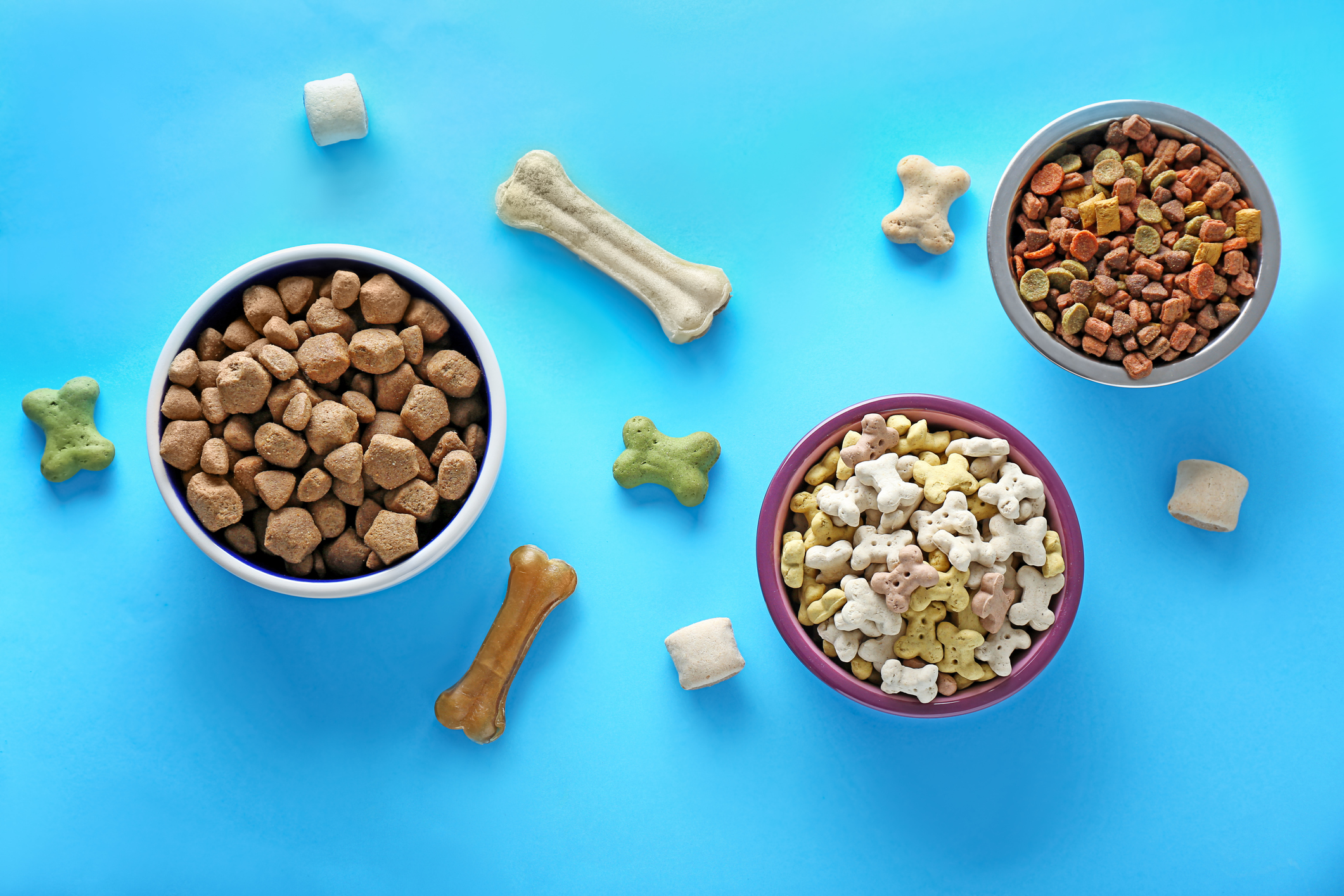
Why All Dogs Need Antioxidants in Their Food
How much attention do you pay to your dog’s food ingredients? While most pet parents know that their dogs need healthy doses of protein and fat in their meals, fewer understand the other essential vitamins and minerals that help keep dogs healthy and strong. Some of these are antioxidants.
Antioxidants are just as important for pets as they are for people. But while we might be able to eat an orange or a fruit smoothie for our daily serving, our pets rely on us to ensure their food has everything they need. Here’s what you should know about antioxidants and the important role they play in your dog’s health.
What are antioxidants?
In the simplest terms, antioxidants are compounds that neutralize free radicals—unstable, oxygen-containing molecules within the body that can cause harm to cell membranes, DNA, proteins and other molecules. Inside the body, antioxidants help by stabilizing these molecules, minimizing the damage they do.
Free radicals are natural byproducts of metabolism, but their numbers can increase when your pet is not healthy or if they are exposed to many environmental toxins. And, free radical damage often leads to the creation of more free radicals, perpetuating the cycle.
When there is an imbalance between antioxidants and free radicals in the body, your dog can suffer from what’s called “oxidative stress.” This problem can cause a lot of harm in your dog’s body, potentially leading to dog cancer, cognitive decline, heart failure and inflammatory disorders.
There are many different kinds of antioxidants, and they come from many sources. They can be created by the body, as well as ingested through food. For dogs, many of their antioxidants should come from natural food sources in the forms of vitamin A, vitamin C, vitamin E, polyphenols, beta-carotene and selenium.
Colorful fruits and vegetables, such as mangoes, pumpkins, tangerines, spinach and blueberries, are all great sources of antioxidants and can make wonderful healthy snacks for your pup. Many dog foods are formulated with similar ingredients to ensure your pup is getting all the nutrients they need, but make sure you check the label! If your pet has dietary restrictions, they might benefit from an antioxidant-rich supplement; however, make sure you ask your vet before adding supplements to your pet’s routine.

Antioxidant benefits for pets
Antioxidants are essential for pets to live long and happy lives free of damage and disease. Oxidative stress can cause any number of problems, but a few are quite common in dogs. Here are a few ways antioxidants can help.
- Reduce cancer risk: Because free radicals are capable of damaging cells’ DNA, unchecked free radical damage could potentially lead to the formation of mutated cancer cells. Although antioxidants are not proven to prevent dog cancer entirely, an antioxidant-rich diet can help reduce oxidative stress in your pet’s body, reducing their risk of developing cancer over time.
- Improve cognitive health during aging: Taking good care of your pet’s health throughout adolescence and adulthood may reduce their risk of developing health problems in their old age. Free radical damage has been linked to the degradation of brain cells, particularly in older dogs. This damage could lead to worsened symptoms of canine cognitive dysfunction, or dementia. Research has shown that dogs fed an antioxidant-rich diet are more capable of learning complex things, display greater signs of memory and are less likely to suffer behavioral changes in their old age.
- Reduce inflammation: Along with cellular damage, free radicals can result in chronic inflammation throughout the body if they are not stabilized by antioxidants. This sort of inflammation can be extremely damaging over time. Chronic inflammation has been associated with a wide range of pet health problems, including arthritis, heart disease, digestive problems and cognitive decline. You may be able to reduce your pet’s risk for these diseases by ensuring they get enough antioxidants each day.
- Assist with immune health: Antioxidants’ benefits for your pup’s immune health are two-fold. First, they reduce free radical damage that can inhibit healthy immunity overall and help to regulate useful inflammation. Second, some antioxidants help stimulate and strengthen the immune system, aiding in immune cell production. Both of these things can contribute to your pup’s body fighting off illnesses more effectively.
Different antioxidants work together to have a powerful protective effect on your dog’s body and brain. This is why it’s so important to feed your dog a balanced diet full of whole foods and a range of nutrients. If you need help determining whether your dog is getting enough antioxidants in their meals, check with your vet and inquire about antioxidant-rich snacks or supplementation.


